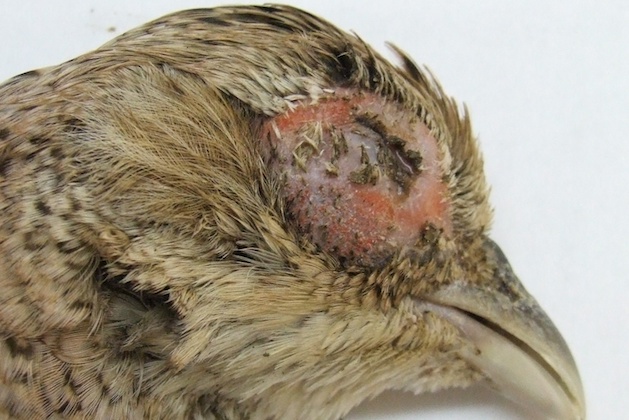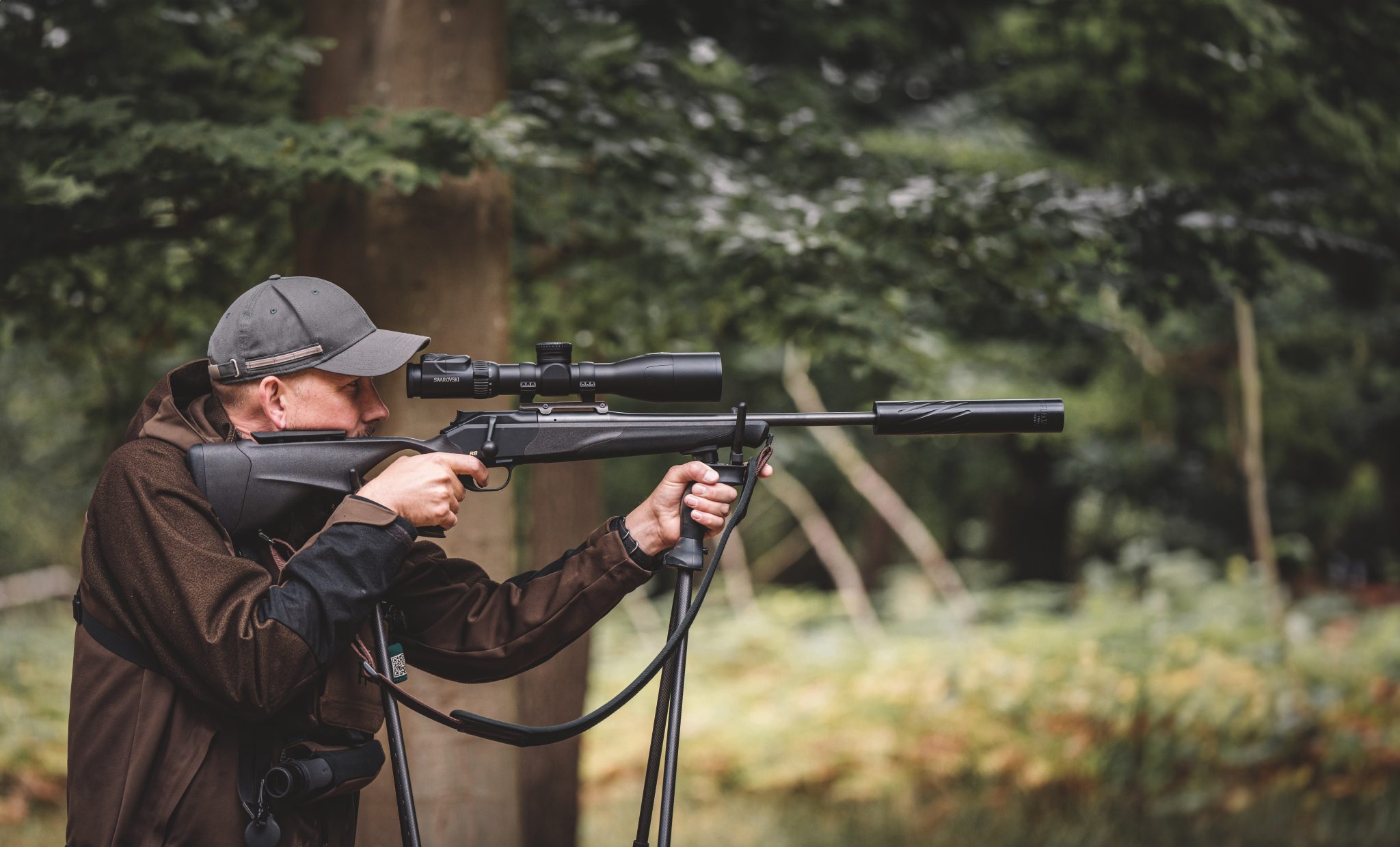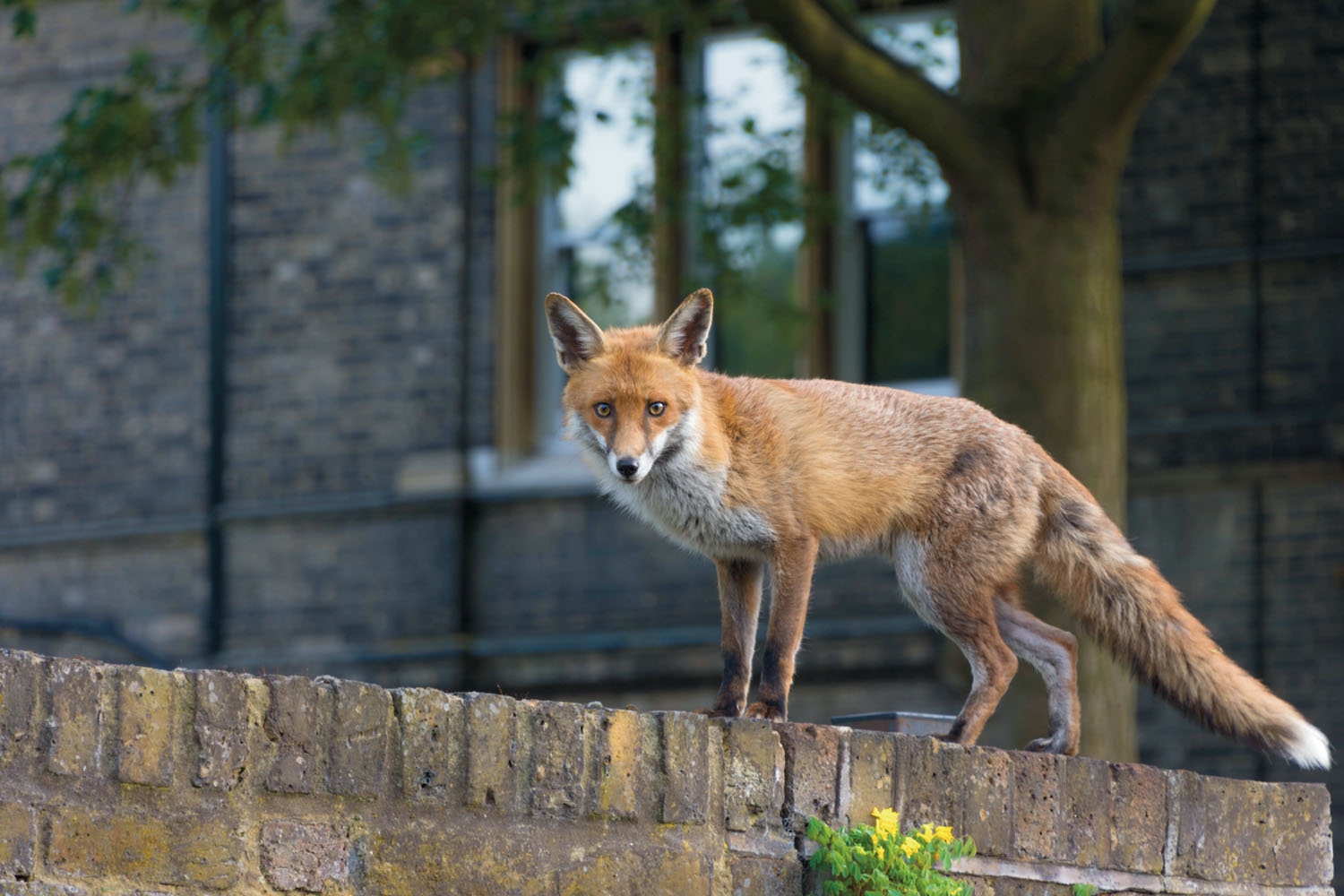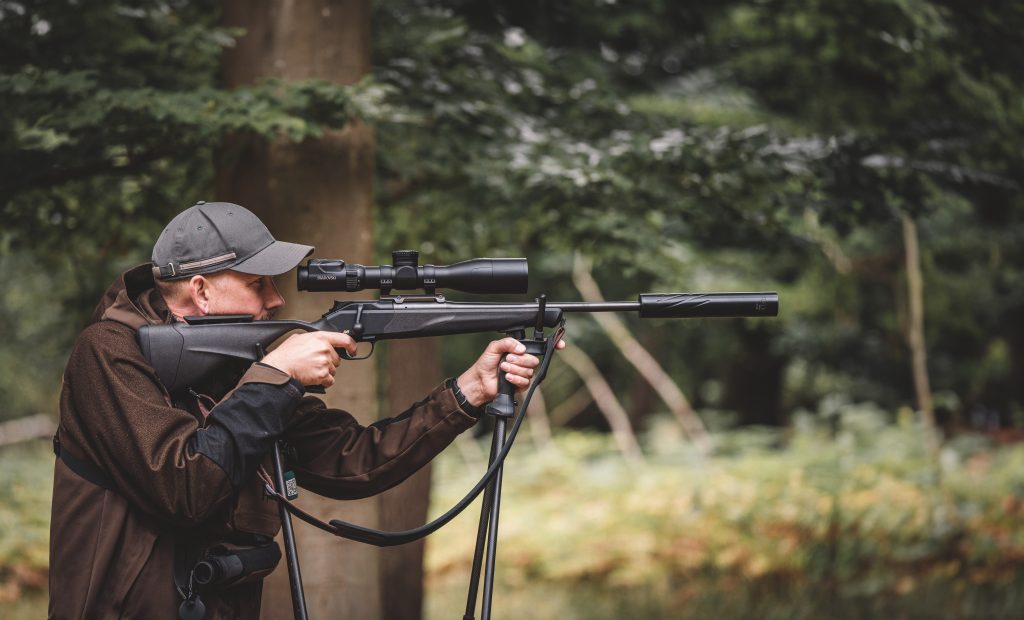★ Win a Schöffel Country shooting coat for everyone in your syndicate worth up to £6,000! Enter here ★
Mycoplasma or ‘bulgy-eye’ disease is on the increase in pheasants. Here’s what you need to know about it.
Game farmers are being advised by vets to be extra vigilant this year in the battle against mycoplasmosis, commonly known as bulgy-eye.

So what is mycoplasma?
Mycoplasmosis is the collective term for the infectious diseases caused by micro-organisms called mycoplasmas.
Mycoplasma has been recognised in pheasants and partridges since the 1950s. It is most often seen in adult birds, though all ages may be affected.
“Cases of mycoplasma have been rising in the last four to five years but in the last two years we have seen significant increases and new strains” warns Dr Kenny Nutting, specialist gamebird vet at St Davids Gamebird Services
Birds show symptoms within 10 days to two months of contracting it, says Dr Nutting. These include:
- Bulgy eyes
- Lethargy
- Poor flying ability
- Coughing and sneezing
- Inability to feed
- Reluctance to move
- Conjunctivitis
- Watery eyes
- Nasal discharge
“There are clusters of disease around the country,” advises Dr Nutting “and it is more prevalent in higher shooting areas.
“It tends to come out when a bird is stressed, a bit like a cold sore.”
How is mycoplasma transmitted?
It is passed from hen to chick from the egg and then spread through bird-to-bird close contact via air droplets, infected litter and equipment. Birds that recover still carry the disease, so once a flock is infected it will remain infected.
Dr Nutting adds: “The new strain of mycoplasmosis is more resistant to antibiotics and more aggressive. Avoidance is the best tactic. ”
Why is mycoplasma on the rise?
An increase in the pheasant population is likely to be the cause and high stocking densities.
What can you do to avoid it?
“If you suspect your flock is infected or you have any concerns then speak to a vet who has experience with the disease” advises Dr Nutting. “Ignoring things will only make it worse.”
“Look at buying stocks that have been certified free of the disease. They should have negative PCR (polymerase chain reaction) tests.”
Source your birds from a single respected breeder. A supplier with nothing to hide should produce the right certification to show the birds are uninfected.
Some shoots buy from several sources which increases the likelihood of infection. Mixing stock from several different game farms will often create problems and if you are in a mycoplasma affected area you are more likely to suffer an outbreak.
“Work with your neighbouring shoots to combat the problem. Birds will fly between shoots freely and spread the disease if it is present. Spend some money on having your birds tested, ” continues Dr Nutting.
Other measures to manage mycoplasma
- Clean and disinfect any physical structures and utensils between batches of birds
- Quarantine all sick birds, including poults that arrive looking sickly
- Avoid high stocking densitities
- Ensure pens are large enough to avoid overcrowding
- Use disinfectant footbaths at main entrances
- Ensure clean water is always available and keep areas around drinkers clean and dry
- Practice good biosecurity
Related Articles
Get the latest news delivered direct to your door
Subscribe to Shooting Times & Country
Discover the ultimate companion for field sports enthusiasts with Shooting Times & Country Magazine, the UK’s leading weekly publication that has been at the forefront of shooting culture since 1882. Subscribers gain access to expert tips, comprehensive gear reviews, seasonal advice and a vibrant community of like-minded shooters.
Save on shop price when you subscribe with weekly issues featuring in-depth articles on gundog training, exclusive member offers and access to the digital back issue library. A Shooting Times & Country subscription is more than a magazine, don’t just read about the countryside; immerse yourself in its most authoritative and engaging publication.







